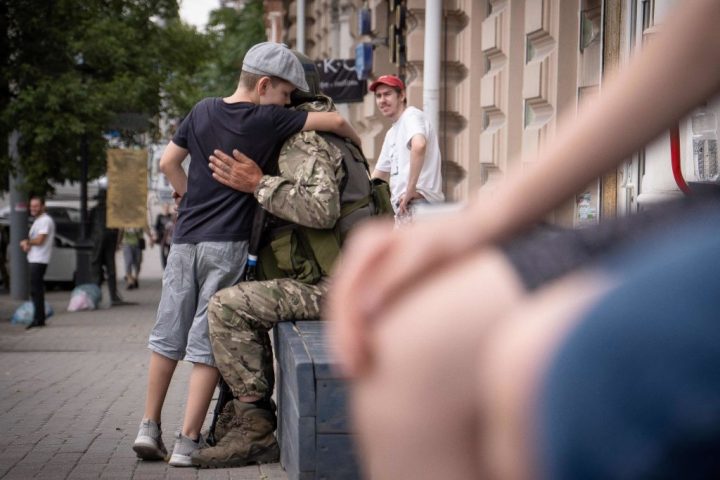One thing you learn about war, if you are close enough for it to touch you, is that it splits the atom. Situations and relationships that have grown over time and seem to have deep roots – a life in fact – can be blown apart in a day. Now, over two years on from the start of Vladimir Putin’s ‘special military operation’ (which came at a time when I was living in Rostov-on-Don, an hour or two from the Ukrainian border), I’m still in touch with several Russians I knew back then.
Already a subscriber? Log in
Subscribe for just $2 a week
Try a month of The Spectator Australia absolutely free and without commitment. Not only that but – if you choose to continue – you’ll pay just $2 a week for your first year.
- Unlimited access to spectator.com.au and app
- The weekly edition on the Spectator Australia app
- Spectator podcasts and newsletters
- Full access to spectator.co.uk
Or




















Comments
Don't miss out
Join the conversation with other Spectator Australia readers. Subscribe to leave a comment.
SUBSCRIBEAlready a subscriber? Log in